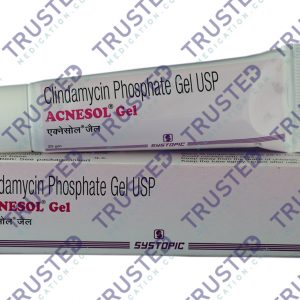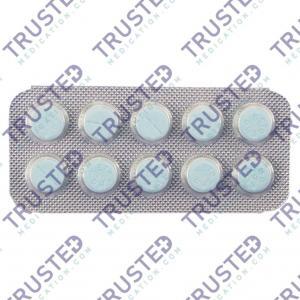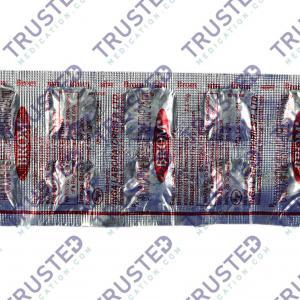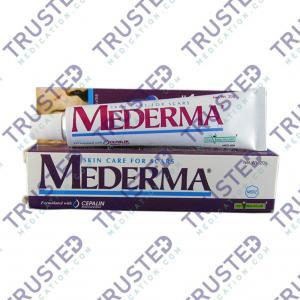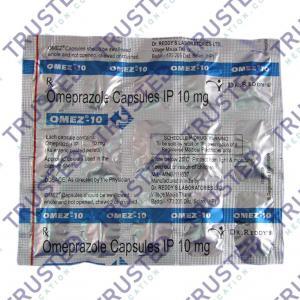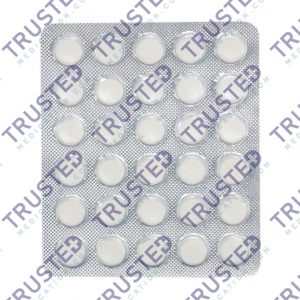
Angina pectoris is possible to occur in children. Still, you should feel free to ask your pediatrician about it to figure out the reason for the pain. Many times, the cause can be determined by answering a few questions about the discomfort and by undergoing a careful physical exam.
What is Angina Pectoris?
Angina is chest pain or discomfort that keeps coming back. It happens when some part of your heart doesn’t get enough blood and oxygen. Angina can be a symptom of coronary artery disease (CAD). This occurs when arteries that carry blood to your heart become narrowed and blocked because of atherosclerosis or a blood clot. It can also occur because of unstable plaques, poor blood flow through a narrowed heart valve, and a decreased pumping function of the heart muscle, as well as a coronary artery spasm.
There are 2 other forms of angina pectoris:
- Variant angina pectoris
- Microvascular angina
Angina usually happens because of heart disease. A fatty substance called plaque builds up in your arteries, blocking blood flow to your heart muscle. This forces your heart to work with less oxygen. That causes pain. You may also have blood clots in the arteries of your heart, which can cause heart attacks. Less common causes of chest pain include:
- A blockage in a major artery of your lungs
- An enlarged or thickened heart
- Narrowing of a valve in the main part of your heart
- Swelling of the sac around your heart
- Tearing in the wall of your aorta, the largest artery in your body
What Are The Symptoms Of Angina Pectoris?

Chest pain is the symptom, but it affects people differently. You may have:
- Discomfort
- Dizziness
- Aching
- Burning
- Fatigue
- Shortness of breath
- The feeling of fullness in your chest
- The feeling of heaviness or pressure
- Upset stomach or vomiting
- Squeezing
- Sweating
You might mistake an aching or burning for heartburn or gas. You are likely to have pain behind your breastbone, which can spread to your shoulders, arms, neck, throat, jaw, or back. Stable angina often gets better with rest. Unstable angina may not, and it could get worse. It’s an emergency that needs medical help right away.
Can Children Be Affected By It?
Many children say their chest hurts at some point during their growth and development. Chest pain in children is rarely due to the heart.
Most children complaining of chest pain have musculoskeletal chest pain, which is pain originating from the muscles or bones in the chest, and their connections. There are three common causes of musculoskeletal chest pain:
- Costochondritis is pain caused by inflammation of the cartilage connecting with the bones of the chest.
- A spasm or cramp of the chest wall muscles and nerves. These come and go and can be quite painful. These pains are sometimes referred to as “precordial catch syndrome”.
- Coughing hard or often during a cold can also cause chest pains.
Musculoskeletal chest pain is not due to any problem with the heart and is not dangerous. Pain medicines like ibuprofen can help relieve the pain and reduce any inflammation that is present. Talk to your pediatrician about how to safely use ibuprofen and any other pain medicines.
Warning signs that should raise concern for heart problems in children:
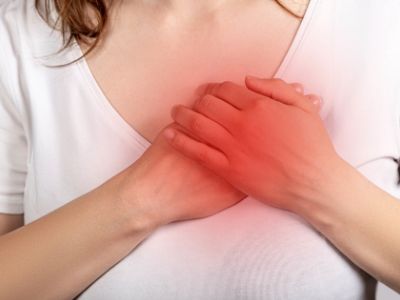
- Chest pain after an unexpected decrease in the ability to exercise over days to weeks
- Chest pain that is followed by passing out or nearly passing out
- Chest pain in children born with heart defects
- Chest pain during physical exertion, exercise, or activity
- Chest pain and pressure that do not go away
- Chest pain in children who have had Kawasaki disease
- Chest pain in children with a family member who died of unexplained reasons
- Chest pain in children with a family member who has cardiomyopathy
- Chest pain in children who have a genetic cause of high cholesterol
It can be prevented by using this medication:
- Ivabradine – this belongs to the class of drugs known as a nucleotide-gated channel blocker. The drug works by lowering the rate of your heartbeat so that the heart can pump more blood into your body. Lowering the rate of the heartbeat reduces your chances of angina. The drug functions to lead to a reduction in the workload of the heart. It can reduce the consumption of oxygen.

